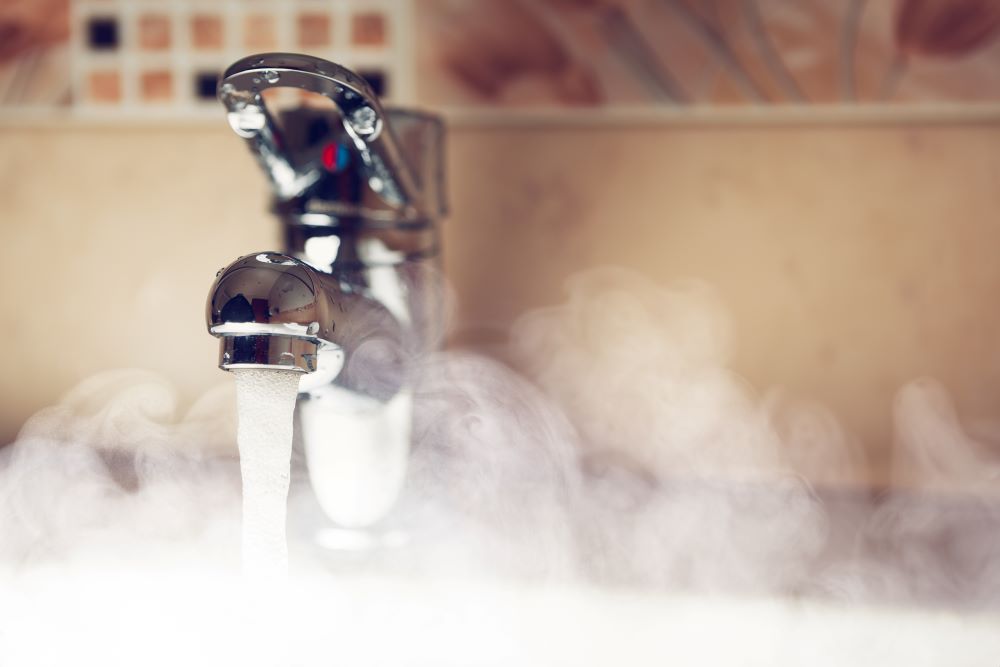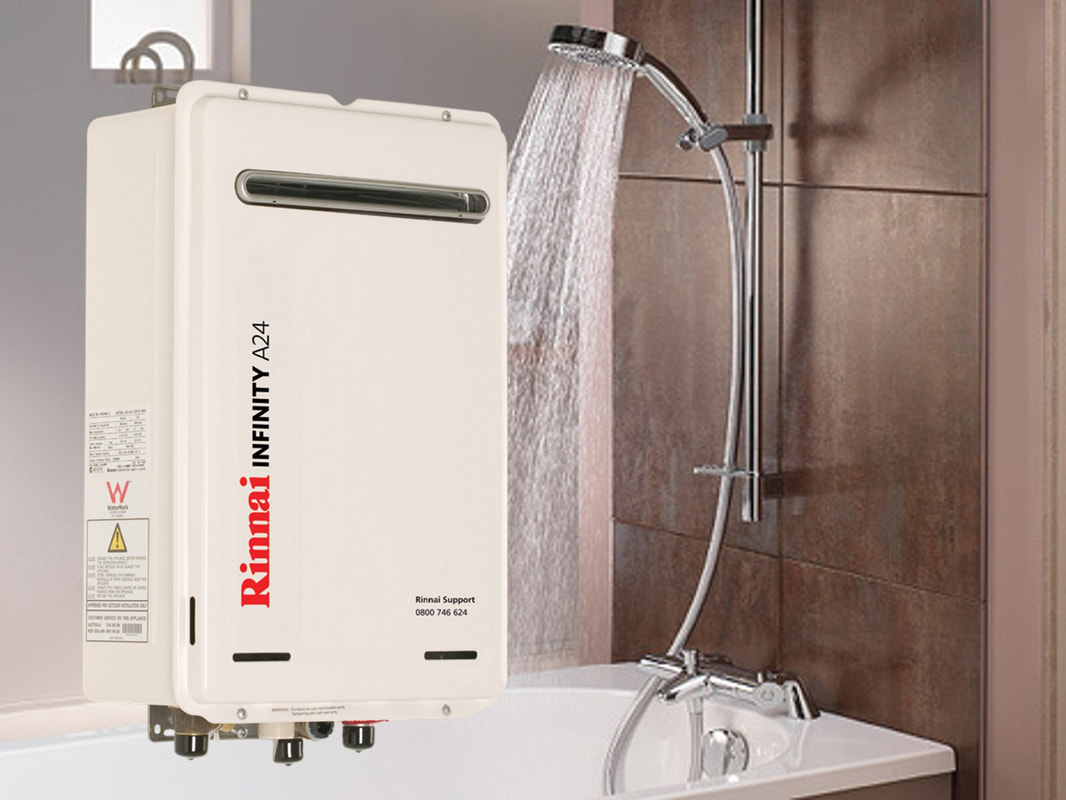|
We have found at Maxey Plumbing that when it comes to hot water systems, the age-old debate continues to rage on. "Which is better, a traditional storage tank or a tankless hot water heater?" As an expert Wellington plumber, we've encountered this question countless times from homeowners looking to optimise their hot water systems for efficiency and cost-effectiveness. In this article, we'll provide insights into the pros and cons of both systems and help you make an informed decision. Which Is Better: A Tank Or Tankless Hot Water Heater? |
Need a Plumber?
|

